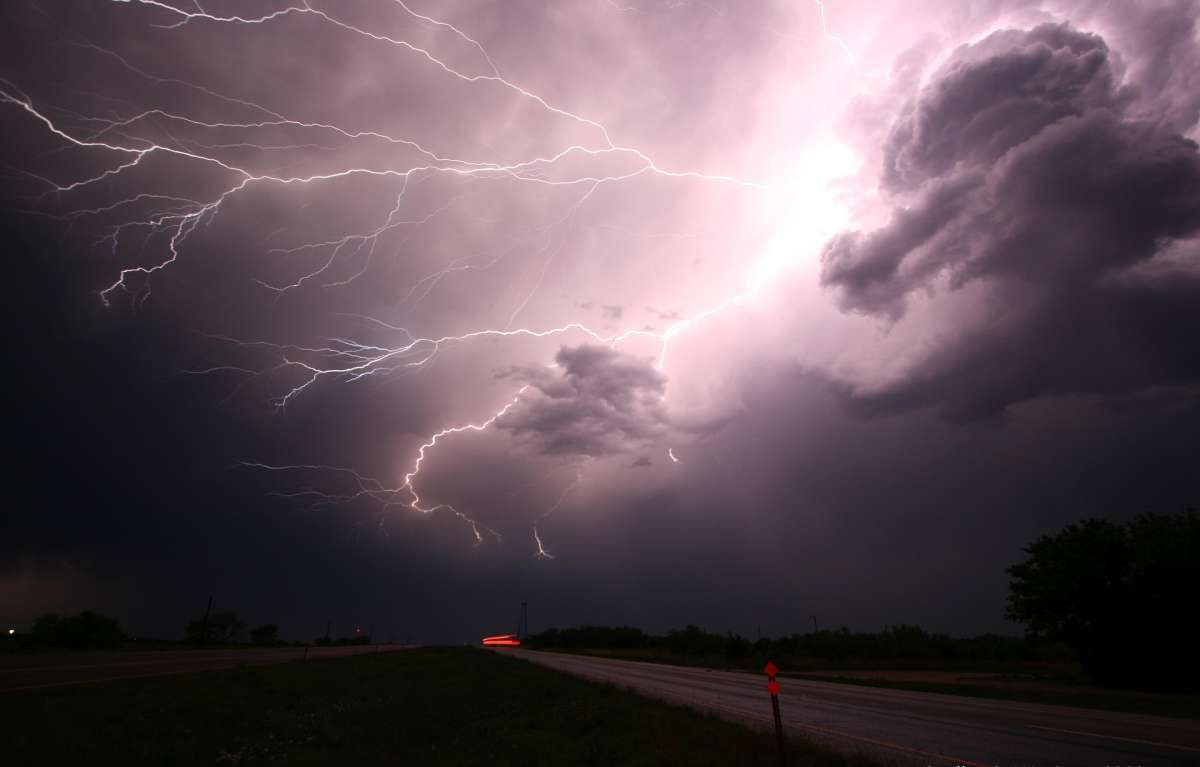The following article is adapted from the author’s new book The Agrarian Imagination: Development and the Art of the Impossible, which is freely available to read online or download here.
At its best, writing bears witness to truths that society may not want to hear or that prevailing realities make almost impossible. One peculiar kind of essay depicts a vision of human life where moral, ecological and social ideals flourish.
This vision represents what is right, what could be and what must be, yet it remains out of reach.
Critics often dismiss such writing as futile, nostalgic or politically naïve, an indulgence in ideals detached from practical realities. They see it as retreat rather than engagement. However, that is too harsh a judgement.
The impossible essay may well be an act of tragic idealism: the deliberate preservation of an ideal or vision that the author knows can probably never truly be fulfilled.
But the force of such writing lies in the recognition that it upholds knowledge, standards and possibilities even though the present has already failed to meet them. It is an essay written for what may never be, but this writing might be one of the most honest and vital acts a writer can engage in.
Fyodor Dostoevsky’s concept of underground man provides a literary parallel to the moral stance of the impossible essay. Underground man is painfully aware that the world will never conform to his ideals, but he refuses to surrender his conscience or the integrity of his reflections.
He exemplifies the same tragic awareness that animates writing about a vision for a better world: the recognition that the vision of community, ethical labour and ecological interdependence may be unattainable; however, its preservation remains imperative. Like the impossible essay, underground man bears witness to truths that society ignores or suppresses, asserting the enduring significance of conscience and imagination.
His existence reminds us that moral and ethical awareness does not require success. At the very least, it requires acknowledgment and represents resistance.
Take agrarianism, for example: a philosophy that roots human life in soil, community and ethical labour. It holds that our relationship to the land is inseparable from our relationships with one another. Agrarianism values rural life, self-sufficiency, harmony with nature, strong communities and critiques industrial society.
But modernity, dominated by neoliberal capitalism, global corporations, industrial agriculture and technocratic rationalisation, makes realising the agrarian vision extremely difficult, especially in urban-based societies. The soil has already been commodified or buried beneath concrete, small farmers displaced, local traditions eroded and culture overwhelmed by corporate influence, excessive individualism and the hegemonic force of consumerism. That world seems structurally and culturally opposed to the principles agrarianism embodies.
Agrarianism stands in direct conflict with the logic of development—the dominant narrative that defines progress in terms of immediate gains based on profit, endless GDP growth, mechanisation, scale and the subjugation of both nature and people. Prevailing notions of development prioritise short-term returns over long-term ecological, social and cultural resilience.
The impossible essay resists this logic by preserving the values necessary for the future. These values remain indispensable for assessing the health of society.
Writing about agrarianism under these conditions is not futile. In fact, it imbues such writing with its moral force. It preserves what should be and becomes an act of reassertion. It insists that ethical labour, community, ecological interdependence and solidarity are not just nostalgic fantasies. Their absence impoverishes us spiritually and socially.
The purpose of such writing involves witnessing. But witnessing is inseparable from lamentation and memory. To witness is to recognise what is and to articulate what could have been or ought to be. The impossible essay also mourns the loss of viable futures, local economies and ecological relationships. It ensures these losses do not pass unrecorded.
In this way, the essay functions as a literary gravestone, preserving memory as a form of moral resistance. The recognition of the vision’s apparent impossibility sharpens its truth, making it a mirror that reflects the failures of both the present and the past.
Writing the impossible essay also cultivates imagination. Human societies are driven by the ability to imagine alternatives and value relationships beyond immediate utility. Even if a better world seems unlikely under current global conditions, articulating its principles helps readers recognise ways of life built on particular values that capitalist modernity seeks to erode.
Writing, then, becomes less about presenting blueprints for a new world and more about offering an imaginative framework through which to view the present while presenting practical examples where the seeds of that future still grow, such as the Zapatista movement in Mexico or certain agrarian practices across the world.
Such writing conveys resistance through commitment. Writing about a world that may never be is itself a refusal to surrender to domination or exploitation. It preserves the vocabulary through which we might recognise meaningful alternatives to the current order. So, the impossible essay fights for the preservation of a certain imagination.
Although the vision cannot manifest in the present, writing ensures it endures. Future generations will encounter such essays as a repository of values, principles and possibilities. Writing is, in this sense, a gesture of hope that does not rely on outcomes but ensures that the vision will persist.
So, essays that describe what cannot be realised in the here and now have profound purpose. They preserve knowledge of moral and ecological truths, cultivate ethical imagination, resist domination and detachment and serve as vessels for future generations.
They remind us that human life is not reducible to efficiency, utility, ‘the market’ or control and that standards of rightness can endure even in worlds that deny them. Writing becomes an act of refusing to surrender.
The agrarian vision is inseparable from the global narrative of development as promoted by multinational corporations, the media and global institutions. This narrative rests on political centralisation, state-corporate power and control. It prioritises efficiency and mechanisation and transforms land, labour and culture into commodified data points.
Offering an alternative vision confronts the perceived inevitability of development. It critiques the moral and ecological bankruptcy that hides behind slogans like ‘modernisation’ and ‘progress’. To write about sustainable, community-rooted alternatives is to perform a corrective, inviting readers to question the assumptions that underpin modernity and to imagine alternatives.
These alternatives are not utopian roadmaps but standards by which the present can be judged. They plant ethical seeds, preserving a language of possibility. They keep alive the notion that what is right is always necessary.







